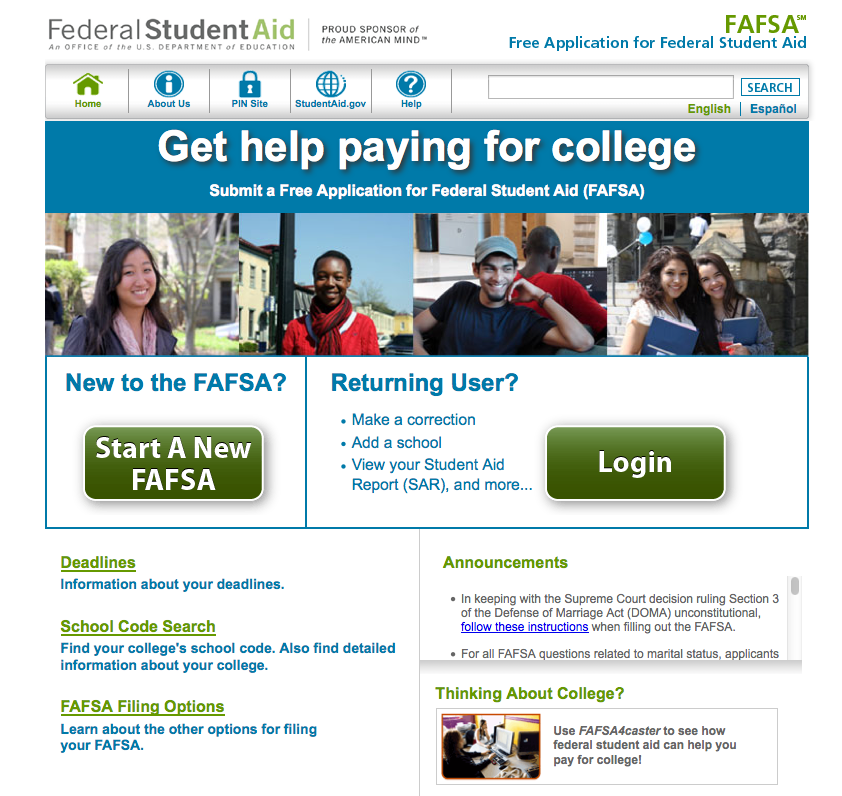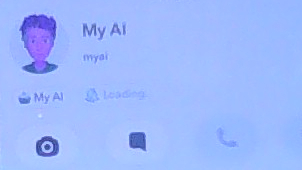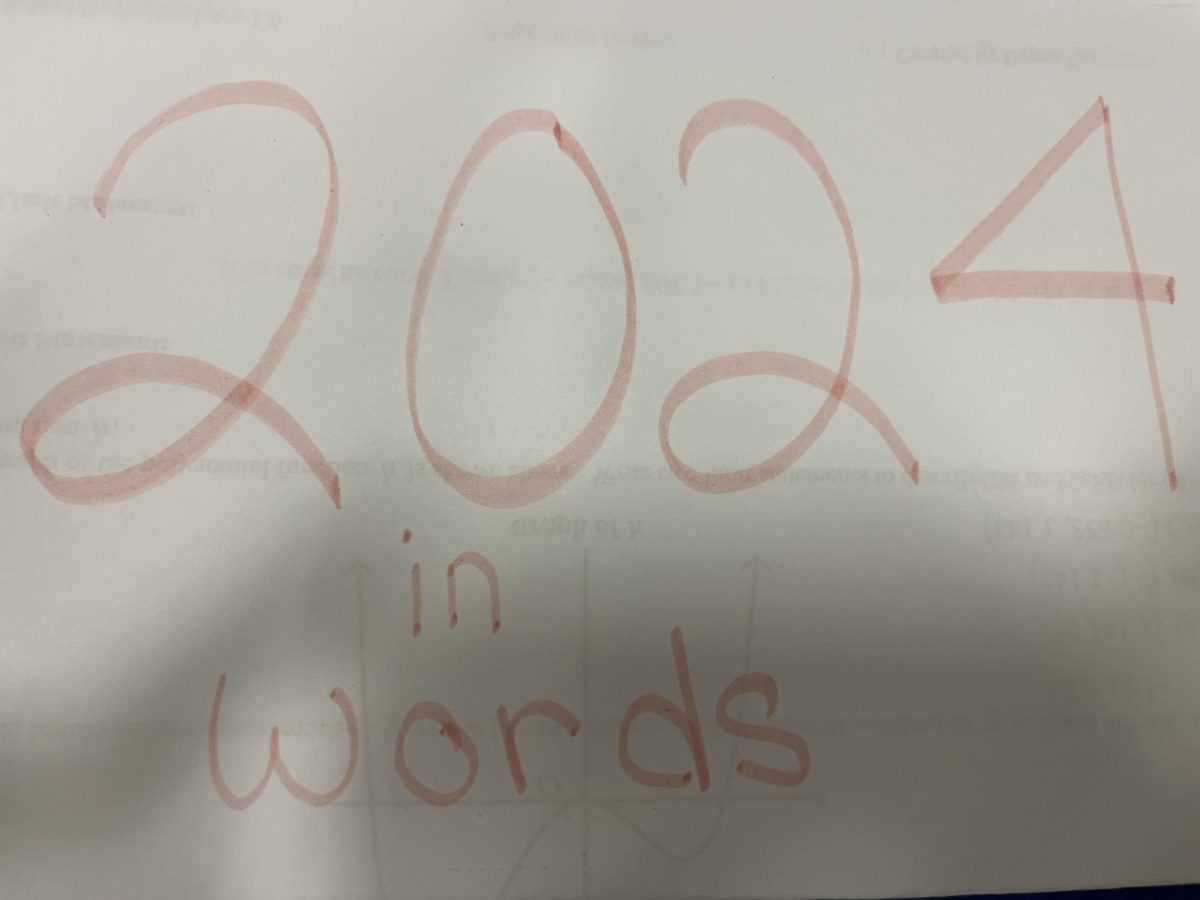A recent update to Free Application for Federal Student Aid (FAFSA) allows college-bound students to apply for financial aid earlier in the school year, with the new October 1st filling date.
Two new developments to the FAFSA process make applying for federal aid easier. The most notable development is the U.S. government’s decision to permanently move the filing date up from January 1st to October 1st. Filling out the FAFSA sooner gives parents and students more time to figure out how to pay for college. The FAFSA determines whether or not students remain eligible for federal financial aid, money that students do not have to pay back.
Additionally, the new October filing date allows for colleges to send out award and scholarship notifications earlier. This would better help first-year students make their admissions decision.
Students and their parents will now file for FAFSAs using the prior year’s income. This means that for this year, the FAFSA will be using 2015 tax and income information. The FAFSA will no longer be using an estimate of income information; this is considered a positive development for students and their parents. Before, when students and parents were filing with estimated information they had to go back into the FAFSA, after the tax return was filed, to update it.
Since revealing the early filing date, colleges have recommended that students and parents filing for FAFSA do so early. Financial aid is awarded on a first-come, first-served basis; meaning, the FAFSA considers students who apply as early as possible for the most, and best aid.
Colonia High School senior, Adwoa Mensah, found the news about this FAFSA update shocking; “I didn’t even know about it. I thought you were supposed to start the FAFSA process after you figured out which college you were going to. Now that I know that I have a better chance of receiving more money if I start now, I’m going to do that. That’ll help me decide what colleges I’ll be able to pay for. It’ll help me make my decision.”
Mensah, who has an older sister that currently attends college, wants to make sure she goes about the entire FAFSA process as accurately as possible; “My mom and my sister don’t think she received as much aid as she could have.”
In fact, Mensah’s older sister isn’t the only one who may not have received her fair share of aid.
An estimate of $3 billion in aid went unclaimed last year because people either didn’t file a FAFSA or didn’t fill one out completely.











